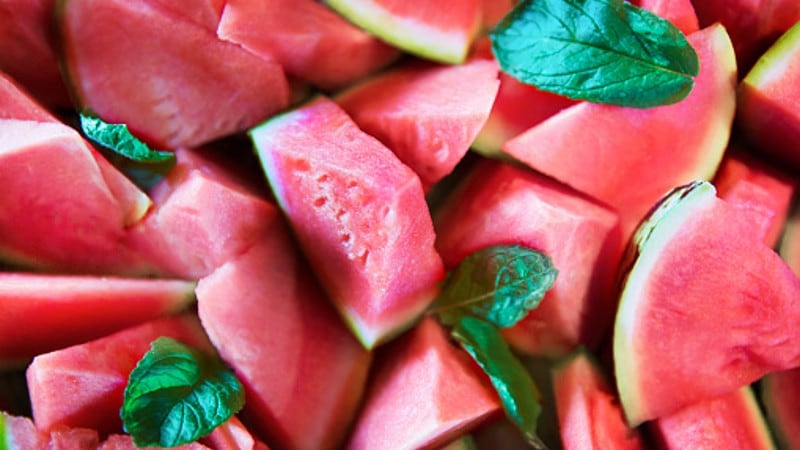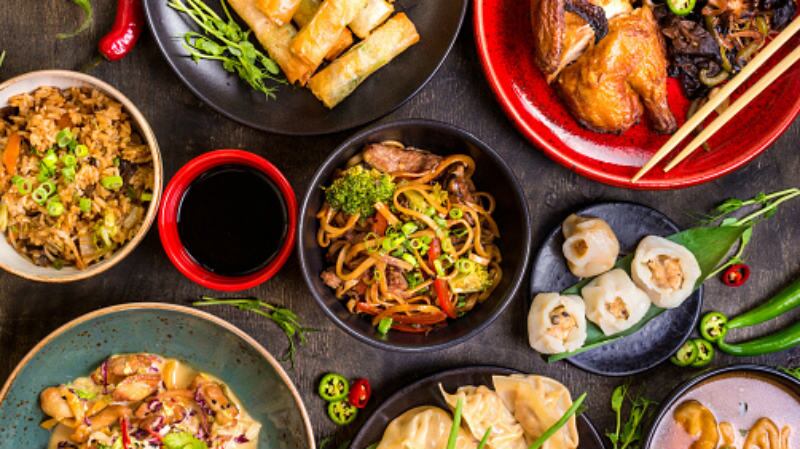Japan has been on a mission to raise the value of its exports sector since back in 2020 when it first announced its Strategy for Expanding Agricultural, Forestry, Fishery and Food Product Exports at a high-level ministerial conference.
The government hopes to achieve an export target value of JPY2tn (US$14.4bn) by 2025 and JPY5tn (US$36.1bn) by 2030 with this, and recently published a set of national export and expansion guidelines to help Japanese food and beverage firms to expand the reach of their products into the export market, particularly to achieve ‘true overseas expansion’ with production and business being conducted overseas as well.
In addition to helping local businesses become more independently export-ready, the government has also been taking a market-by-market approach to expanding Japanese exports, and has been slowly establishing export support platforms in various markets of interest – the most recent now being Ho Chi Minh in Vietnam.
“We have developed an export support platform to provide professional and continuous support for exporters in Ho Chi Minh City, Vietnam, a major export destination for Japanese foods as well as agricultural, forestry and fishery products,” Japan’s International Regional Division, Export and International Affairs Bureau at the Minister of Agriculture, Forestry and Fisheries (MAFF) said via a formal statement.
“This platform will make the process of exporting products to Ho Chi Minh [more hassle-free] for Japanese businesses, and we will also be establishing a council comprising local Japanese food traders and other related organisations.
“To maximise the support we can provide to exporters, we have already been conducting diplomatic missions overseas [to better understand the local market], and are also working to strengthen local sales support, better understand local distribution and needs, as well as developing new commercial channels.”
Ho Chi Minh is the latest market that Japan has shown significant enough interest in as a potential new major export location so far as to establish this platform locally. Similar platforms have also been established in Los Angeles and New York in the United States, Bangkok in Thailand, Singapore and Paris in the EU.
“We plan to forge on with these export support platforms and have at least eight of these established in different countries and regions, such as China, Taiwan and Hong Kong, by 2023,” said MAFF.
Other means of improving export value
Apart from boosting export volumes, Japan is also hoping to improve the value of its exports by going down the premium route, which includes stricter regulations and tighter control of export items.
“When it comes to Japan’s premium food products, these are highly rated in overseas markets but there is an issue of some of these being exported overseas illegally, resulting in various issues,” said the ministry.
“Take the famous Shine Muscat grapes – some of these were smuggled out in 2016 and spread rapidly in China, resulting in a cultivation area there some 30 times that in Japan (53,000 hectares in China as opposed to 1,840 hectares in Japan), and this causes an estimated loss of at least JPY10bn (US$72.2mn) annually.
“So what is important here is to try to more effectively implement restrictions on illegally removing seeds or seedlings with expert help, so as to protect Japan’s intellectual property rights on these products and ensure that the proper royalties are received where they are due.”
MAFF is also looking to improve its exports of organic products, particularly organic alcoholic beverages, moving forward as these have just received additional quality assurance under the Japanese Agricultural Standards (JAS) system, so the hope is to negotiate mutually-recognised organic certification equivalence with major alcohol import markets such as the US and EU as quickly as possible to boost exports.





